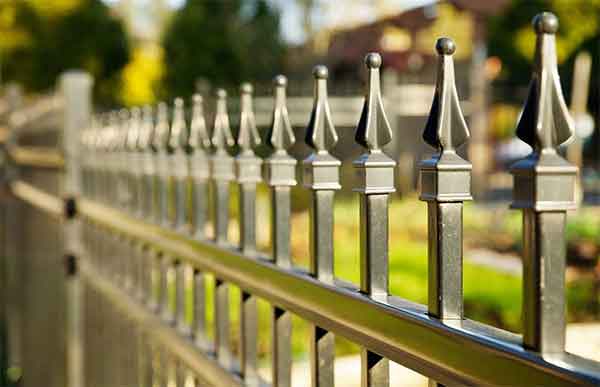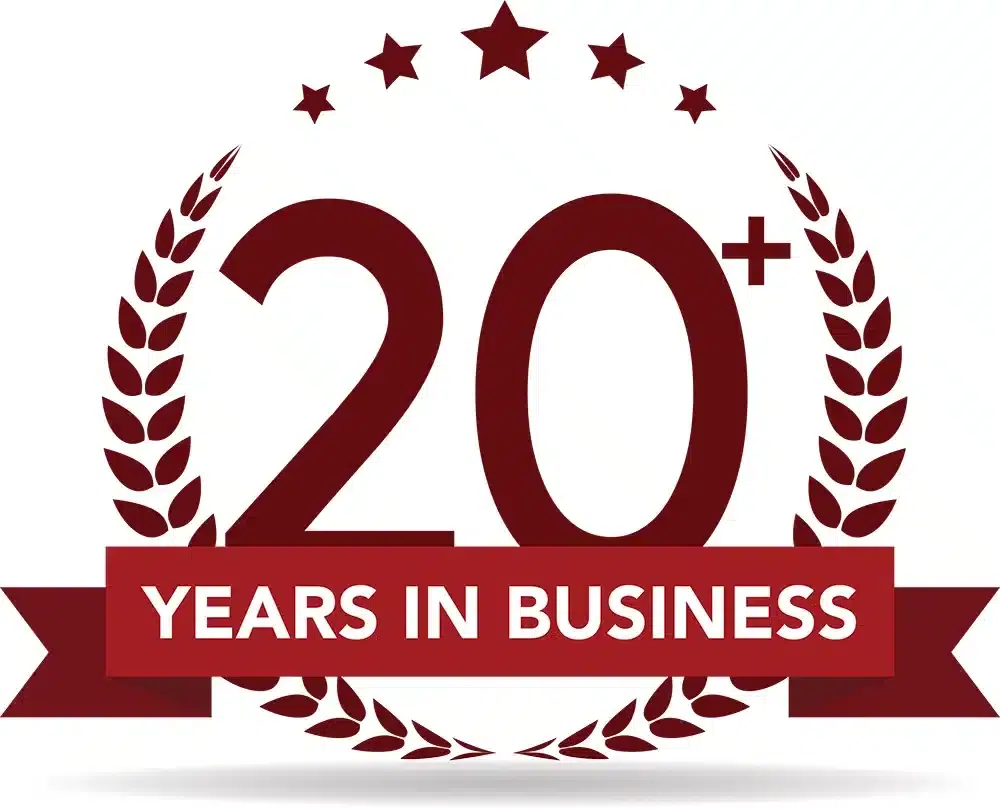MMC Blog
Comparing Fence Materials
Fences can add security, privacy, and curb appeal to your home. They’re also an investment that requires careful consideration of materials. Many types of fence materials are available on the market, each with unique advantages and drawbacks. Choosing the right kind of fence material for your property is essential. Below, we’ll cover some of the pros and cons of some of the most common fence materials on the market.
Comparing Common Fence Materials
Wood
Wood was once one of the most dominant fence materials. It’s easy to see why: wood fences have several appealing characteristics. Wood fences provide a classic, all-American look with a lot of character. Wood fences also have less upfront cost in comparison to other fencing materials. Wood fences offer moderate durability, but how durable a wood fence is depends on the type of wood used: cedar, redwood, and teak fences tend to be the most durable against the elements.
But despite the appeal of wood fences, they also come with notable downsides. Wood fences require serious maintenance and upkeep throughout their lifetime. Wood fences must be pressure-treated, chemically treated, and stained for the first three years. Staining, which can be particularly expensive and time-consuming, must then continue every other year for the fence’s lifetime. Wood fences will need to be cleaned periodically throughout the year, and in some cases, you may need to apply a preservative sealant. Even if you stay vigilant about maintenance, wood fences are susceptible to many outside elements, from termites and insect infestations to dry rot and fire to water damage and fungus.
Steel
Steel is a durable fencing material for security and industrial settings. Steel fences are impact-resistant, and some types are coated with anti-corrosive layers that can help increase their longevity. However, while steel fences can resist rust and corrosion, they are not scratch-resistant, and damage tends to add up over time. In addition, while the strength of steel gives it the benefit of security, steel fences do not offer much in the way of privacy. Steel fences are also extremely heavy and bulky and will require professional installation.
Chain Link
Chain link fences are an affordable, budget-friendly option for those looking for a simple and low-cost fencing material. They are easy to install, require little to no maintenance, and can be a cost-effective way to provide basic security for families with pets or for sizable commercial or rural properties where other fencing materials would be cost-prohibitive. However, chain link fences have downsides: they are not visually appealing, do not provide privacy, and offer minimal security. While chain link fences may be suitable for some pets, this is not universal: many animals may be able to scale or climb the fence.
Vinyl
Vinyl is one of the most durable and long-lasting fencing materials on the market. Vinyl fences are resistant to fading, cracking, chipping, and peeling, and they can stand up against harsh weather, humidity, water, pests, decay, and fungus for decades. Vinyl’s durability requires no maintenance or upkeep, meaning you don’t need to worry about staining, treating, or coating a vinyl fence. Cleaning a vinyl fence can be done with a simple garden hose.
Vinyl is also an extremely versatile material that can be customized to your specific aesthetic tastes and needs. You can find vinyl fencing in various styles, colors, coatings, and sizes.
While vinyl fences are more costly than wooden fences at the outset, these costs tend to even out over time. You may pay more upfront to install a vinyl fence than you will for a wooden fence, but vinyl fences provide a better return on investment. Vinyl fences last longer and do not require the time-consuming and expensive maintenance that wooden fences do.
Aluminum
Aluminum fencing is another popular material offering an ideal balance of customizable aesthetic appeal, low-maintenance durability, and affordability. It is durable, rust-resistant, and requires no maintenance. Aluminum fences are lightweight and easy to install but also strong enough to withstand harsh weather conditions — and unlike wood, aluminum fences will not rot, warp, or crack. Aluminum fences are also highly customizable: you can find aluminum fences in a range of colors (from black, brown, beige, and white to bronze or silver) and coatings (glossy, satin, speckled, and textured). The strength and rust-resistance of aluminum make it an especially appealing choice for areas that experience high humidity or precipitation (or around pools or water features).
Aluminum fences are one of the most eco-friendly fencing materials available: they are generally made of recycled material, and at the end of their lifetime, aluminum fences can be recycled again, saving trees and keeping materials out of landfills.
_____
When you need an expert who can walk you through selecting the right fence materials for your needs, MMC Fencing & Railing is here for you. Our online shop sells aluminum and vinyl railing and fencing in various styles and colors. So, no matter what you’re looking for and how large or small your budget, you’re sure to find something beautiful. Call us at 866-931-5002 to get started or ask about installation options. We look forward to hearing from you!



